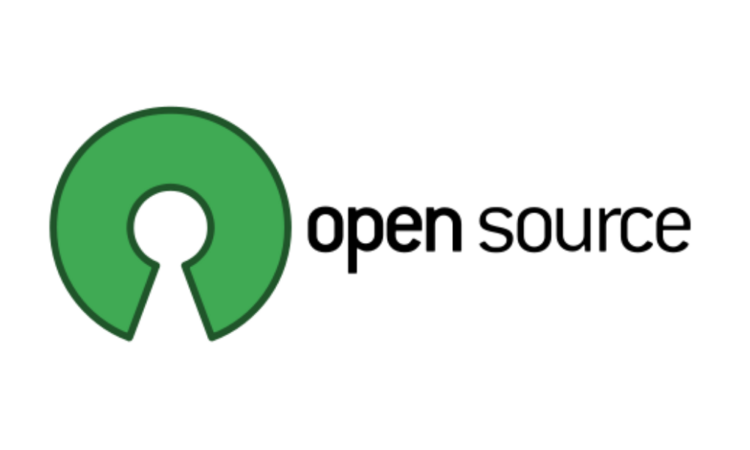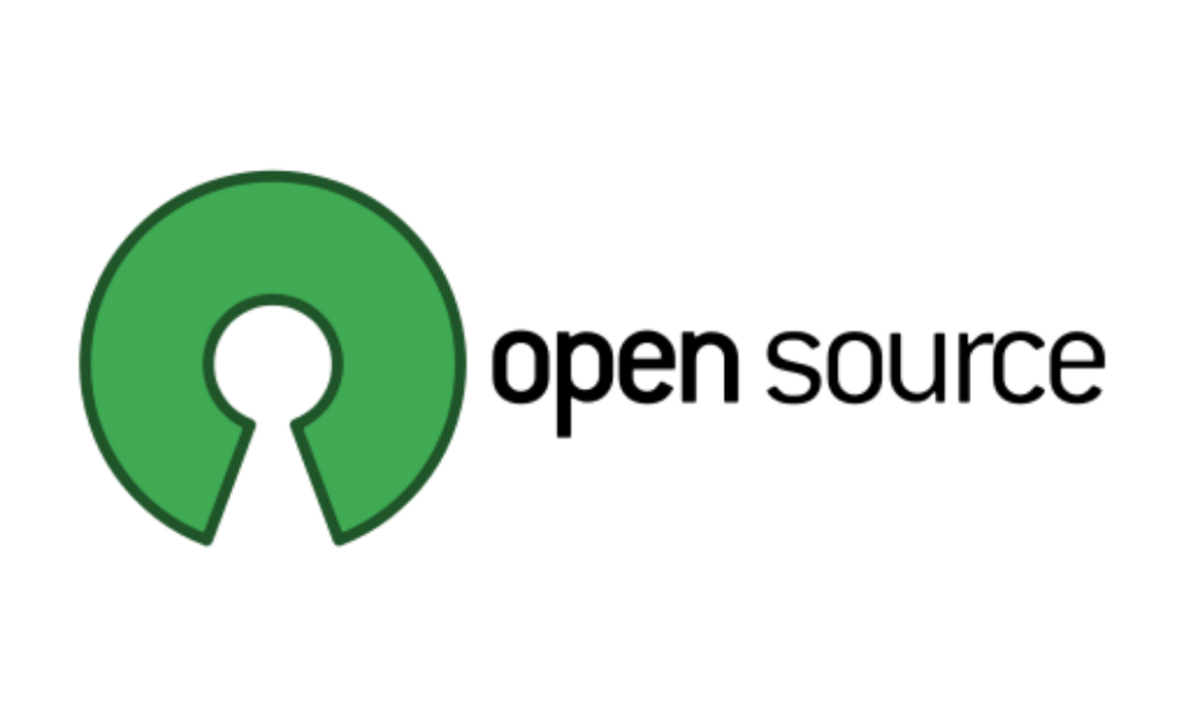Use of Open Source Software Should Be Restricted?
+ Add to Google News
- Opinion
- en
- John Doe
- 5 years ago
- 2020-12-13 08:00:00
- comments
- : 3 minute 4 secunde
- image: Open Source
Information should be Free... but what if it's used to take away the freedom of others? The GPL places technical restrictions on the use of the software it protects. Bjorn Gohla believes it should also place political restrictions on it.
The advent of the Internet and Linux spurred interest in Free Software that even made it into the general media, and millions of users around the globe are happily running computers without having paid for any software. Along with the casual home user, numerous companies and governments are discovering the power of the Open Source approach.
With non-free commercial software, there is always a chain of legal contracts connecting the software producer through various intermediaries to the user, thereby theoretically giving the producer control over who can have the software and under what conditions. Usually, this involves payment of money and exempting the producer from any damages the software might cause.
With Open Source software, there is also a legal connection between the producer and the user, but it's weaker and less formal. The producer will never even know how many people use the software. With the GNU GPL, the user is allowed to do anything with the software as long as any changes to the program are also licensed under the GPL. Anyone may change or use the software, even in ways the original author does not like (see GNU Emacs versus Lucid/XEmacs). In general, the Open Source paradigm leads to consensus-based collaboration, with influence based on the participants' knowledge and dedication. This approach easily extends beyond software, and could have political implications.
This philosophy produced some solutions that would have hardly been possible under the conventional paradigm of commercial software, and along the way, it promises to promote a sense of altruism and social responsibility that's very necessary in today's seemingly egotistical world. This philosophy of openness and freedom is being extended to other areas such as music, so one may say that the Open Source philosophy is the enlightenment of the information age.
But think about this: Some time ago, I created a firewall for a medium-sized company. It included an HTTP cache that scanned the company's Web traffic for viruses and bad Javascript. While working on that, I was struck by how easy it was to modify and redirect requests. You could just take out the virus scanner and plug in a Perl script that scans for words like "democratic", "liberal", and "human rights" and, if it finds them, denies that the page was available or, even worse, substitutes something "harmless". It would be a perfect tool of political repression, at almost zero cost. And one could think of many more such scenarios; just think of IBM's alleged involvement in the holocaust. I had been aware of the possibility of using information technology to those ends, but was disturbed when I stopped to consider that you can do it with Free Software, perhaps even better than with commercial software.
So it is possible to turn Free Software against itself and the ethics it stands for (I hold it to be implausible that any Open Source programmer could want this). The possibility is frightening, but if it is possible, someone will do it.
What should be done about it? For a program published under the GPL, the copyright holder could extend the license so that the use of the software shall not infringe on anyone's rights, but how should this restriction be phrased? What would be a reasonable demand? A company denying its employees access to porn sites probably seems reasonable to most, but what about a government doing the same to its citizens?
Enforceability is another question. Open Source licenses (GPL or any other) constitute legally binding contracts but have hardly been tested in the U.S. courts, much less outside the United States.
The best one can hope for is a symbolic move, perhaps a clause appended to the GPL stating that in using the program or any derived work, the user explicitly acknowledges, fully supports, and complies with the Universal Declaration of Human Rights (or something similar, to avoid suspicion of moral imperialism).
- powered by Verysign













